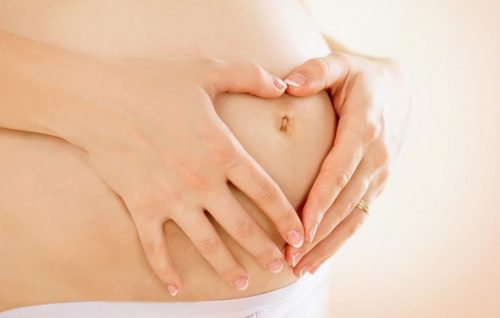
Source: parenting.com
Magazine photos and Internet images often picture pregnant women smiling, rosy-cheeked, and glowing as they pat their bellies with such TLC it’s palpable even to viewers outside the screen. These imageries often lead us to believe pregnancy is something borne out of fairy tales with happy endings. In reality, it’s not. In fact, emotions going out of control are commonplace during gestation. When you’re expecting, you’re undoubtedly in for one emotional rollercoaster ride.
As immediately as I realized the power of my body to engage in creation, and the intense feeling of meaningfulness, I began to fear the changes my body would go through. — Shirley Katz, PhD, CCC
Are Hormones To Blame?
When an expecting mother experiences emotional highs and lows in a heartbeat, we’re quick to blame the rapidly changing hormonal balance the condition causes.
But is this true? Doctors answer with a resounding no, not necessarily. Aside from the hormones, below are the two most common causes of fast-changing emotions during pregnancy:
1. Discomfort – when a baby is planted in a woman’s womb, her body has to accommodate the bigtime addition. Due to this, a lot of changes happen that cause discomfort. An increase in weight, the growing belly, morning sickness, feeling stressed out and fatigue (especially if the pregnancy is a difficult one) are just some of the contributory factors to emotional sensitivity and depression during pregnancy.
2. Overwhelming Changes –getting pregnant also brings an onslaught of significant changes in a woman’s life. If you enjoyed an independent, I-own-me lifestyle before the baby, carrying a baby would change that. Specifically, Career women who were at the top of their game then got pregnant unexpectedly might resent their unborn baby. Then, that feeling of resentment would bear other emotions like guilt as well.

Source: everydayhealth.com
Research is starting to show that there are genetic differences affecting many women who experience perinatal mood and anxiety issues which cause some women to be oversensitive to the impact of changes in estrogen levels. — Meri Levy, MA, MFTI
Antepartum Depression Or Depression During Gestation
Yes, there is such a mental condition as antepartum depression or depression during pregnancy, and it’s more common than we think.
Statistically, about 13% of expecting and new American moms experience antenatal depression. WHO estimates that approximately 10% of women worldwide have depression during pregnancy. And when left unrecognized and untreated, antepartum depression could go on until after the birth of the baby (postpartum depression).
“Many moms-to-be experience symptoms of depression while pregnant but most brush them away, assuming that these are merely caused by the hormonal changes their bodies are experiencing. Plus, those who are aware might not report their circumstance fearing stigma. Pregnancy is supposed to be an event one must be excited or joyful about, and they fear others would judge them for feeling down, unexcited or entertaining thoughts of hate on their unborn baby,” said one obstetrician.
Pregnant women often complain about receiving insufficient social and emotional support from their partners. Such support is important because twenty five percent of women experience elevated symptoms of depression after giving birth. — Guy Winch Ph.D.
Antepartum Depression: Who Are The Most Susceptible
- Some women are genetically predisposed to have depression, and pregnancy could be a triggering point. Depression does run in families.
- The pregnant woman had a history of the condition for women who fought with the mental malady in their teens or during their early adult years, the risks of having antenatal depression are high.
- The pregnancy is unwanted.
- The partner is not supportive of it.
- The pregnant woman had a history of miscarriage and is fearful her present condition would end up in the same way.
- The mom-to-be doesn’t have a healthy and loving support group to reach out to.
- The expecting woman has a history of abuse and violence. A great example of this is rape victims who get pregnant after the exploitation.
- Substance or drug abuse and dependence.
- Other stressful events can also trigger antenatal depression like changing or unstable jobs and the recent death of loved ones.
Yes, feeling very emotional when pregnant is common. However, you must be aware of the thin line that seems to separate what’s normal and what’s not at this period. Awareness saves lives – the mother’s and that of the unborn baby precisely.
